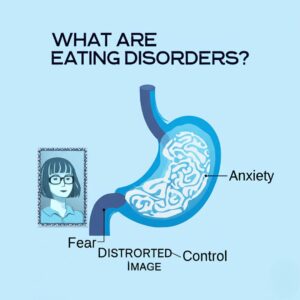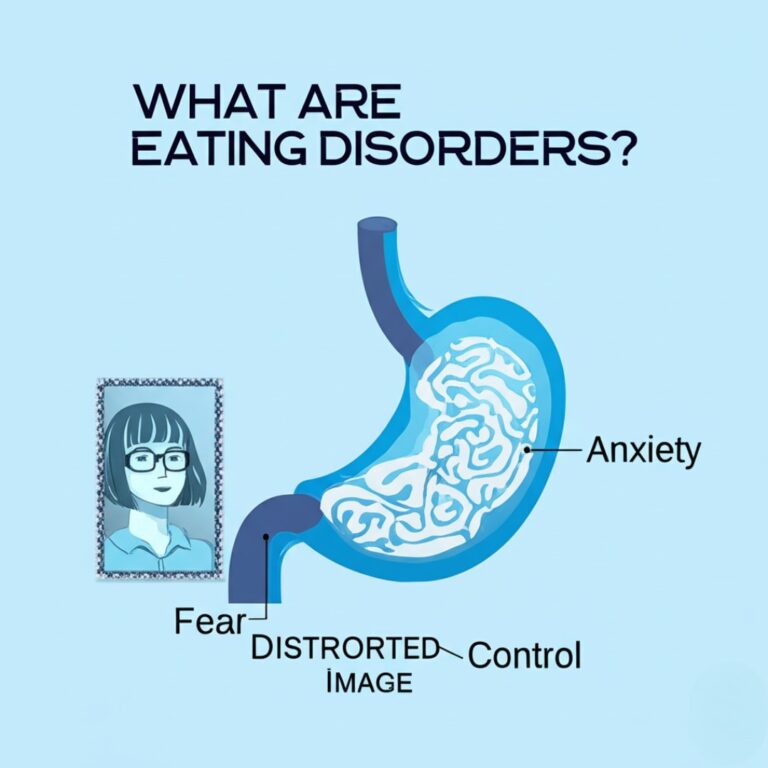The provision of health care is one of the core duties that improve the quality of life associated with the prevention, diagnosis, treatment, and management of diseases, illnesses, and injuries. Its stipulated content covers a wide number of medical services rendered by specialists representing various professions such as medicine, nursing, dentistry, and therapy. Thus, any system of health care needs to be in place and work so that an individual or society has overall well-being.
What is Health Care?
Health care encompasses the various organized activities that make possible the actual delivery of medical services to individuals and communities for the promotion of physical and mental well-being. This concept has preventive care, primary care, secondary care, and tertiary care included. The other dimension of health deals with public health programs. The human health industry is powered by health professionals and medical technology, regulated under laws, rules, and policies imposed on different types of agencies performing health delivery services.

Types of Health Care Services
1. Primary Health Care (PHC)
It is the first contact point for individuals with the health care system, focusing on essential health services for everyone. Preventive approaches should be employed, health education should be promoted, and early diagnosis can help lessen illness burdens. Primary health care is community-based. Accessible, affordable, and equitable health services constitute the components of primary health care; and this includes maternal and child health, immunization activities, treatment for very common illnesses, and management of long-term. By strengthening PHC, countries can improve overall health outcomes and reduce burdens on hospitals.
Regular Check-ups and Screenings
Such checkups and screenings aid in early diagnosis and/or prevention of diseases with timely treatment. Regular checkup activities such as blood pressure measurement, cholesterol testing, and cancer screening can prevent conditions from turning into serious health complications. They give health care providers a chance to evaluate the general state of health and recommend lifestyle changes that may be needed. Screenings are key for good health maintenance and to reduce the risk of chronic diseases.
Vaccinations and Immunizations
From the immunization perspective, vaccination helps to protect an individual against infectious diseases by boosting the immune response.It works the way, with life-threatening diseases such as measles, polio, influenza, and by God’s grace, COVID-19. The immunization program would be one of the strongest points in public health to contain an outbreak and enhance herd immunity. Timely vaccination in itself is an activity that protects individuals and communities from vaccine-preventable diseases.
Basic Treatments for Common Illnesses
Common treatments at the primary health care level include treatment of illnesses like cold, flu, infections, and small accidents. Early intervention proper medication and care can serve as a potential preventive measure and speed recovery. This makes treatments readily available and affordable methods of ensuring prompt medical intervention. Thus, treating trivial ailments at a primary level will further eliminate the burden on hospitals and medical emergency departments.
Health Education and Counseling
Empowerment of people by knowledge on the different dimensions of disease, like those based on prevention, nutrition, mental health, and the advocacy of healthy lifestyles, is what health education and counseling really mean. Advisory services could also touch other issues like stress management, quitting smoking, and living with chronic illnesses. Preventive behaviors have great chances of being practiced by populations with high levels of education and hence reducing incidences of diseases. Health promoters under awareness thus contribute to the overall well-being and hence quality of life.
Family Planning Services
Family planning services offer educated choices concerning reproductive health for individuals or couples and comprise contraceptive methods, fertility counseling, and maternal health care services. Family planning could help to control population growth, limit unintended pregnancies, and enhance maternal and child health. Family planning, therefore, fosters economic stability with which families and communities can lead productive and happy lives.

2. Secondary Health Care
Specialized treatment, relevant to a condition, is usually given by health experts in a secondary health care setting.Services include:
- Consultations which are not routine, such as meeting with cardiologists, dermatologists
- Hospital care for serious conditions
- Services like diagnostic x-rays, MRIs, blood tests.
3. Tertiary Health Care
One can state that tertiary health care is the advanced care provided at specific hospitals in the form of specialties or research centers.This level of care includes:
- Complex surgeries
- Cancer treatment (chemotherapy, radiation)
- Organ transplants
- Neurological treatments
4. Public Health Care
Public health is concerned with the welfare of communal health along with efforts to prevent diseases and promoting healthy communities.It includes:
- Government-funded healthcare programs
- Disease prevention campaigns
- Health awareness and education
- Environmental health initiatives
Challenges in Accessing Health Care
Factors, such as financial status, geographical locations, and social situations, are critical for health services access for every country and even toindividuals.. Some common challenges include:
1. Financial Barriers
- Lack of health insurance
- High cost of medical treatments
- Expensive prescription drugs
2. Geographical Barriers
- Rural areas with fewer healthcare facilities
- Long travel distances to hospitals and clinics
- Limited emergency medical services in remote locations
3. Sociocultural Barriers
- Language and communication difficulties
- Cultural beliefs and stigmas around certain medical treatments
- Discrimination in health care access is discrimination against gender, race, or economic status.
The Role of Health Care Systems
Finally, it is recommended that strong medical systems be available to offer effective medical services. Such systems include those with the qualities presented by the World Health Organization (WHO).
- A strong financing structure
- A trained and well-paid workforce
- Accessible healthcare facilities
- Reliable medical technology and pharmaceuticals
Impact of Health Care on Economic Development
Healthcare is one of the main elements in a country’s economic stability. A population that is healthy is more productive; as a result, more economic benefits are generated. Some key economic benefits include:
- Job creation: The healthcare industry provides millions of jobs worldwide.
- Improved workforce productivity: Healthy employees contribute to business success.
- Lower disease burden: Effective healthcare reduces national healthcare costs.
Technological Advancements in Health Care
Through advancements in technology, healthcare has been transformed in peace by diagnosis, treatment and care for patients.Some notable innovations include:
- Telemedicine:Virtual health consultations now offer solutions for such health care needs.
- Artificial Intelligence (AI): Assisted diagnosis with artificial intelligence and robotic surgery
- Electronic Health Records (EHRs): Digital patient files for a better structure in healthcare management.
- Wearable Health Devices:Smartwatches and fitness trackers regularly monitor your health data.
The Future of HealthCare
The health care tomorrow is personalized – motivate the unison of medicine and prevention in technology.Key trends include:
- Gene therapy and precision medicine
- Integration of AI in patient care
- Increased focus on mental health care
- Global efforts for disease eradication
Conclusion
Healthcare is fundamentally an essential component of human well-being that affects both individuals and broader societies. Though challenges in access remain, continuous advancement and health policies will inevitably narrow these gaps. Investing in health systems, innovation, and facilitation will ensure that quality healthcare is available for everyone.
For a productive e-discussion and to update information, make sure you log in in this Discuss Forum where a network of ehealth-info-sharing community effort is happening.








